WLC: Carrier Busy Test
 Friday, July 2, 2010 at 7:40PM
Friday, July 2, 2010 at 7:40PM ** UPDATE: Carrier Busy is also enabled on a CAPWAP / LWAPP AP **
Back in the day when I couldn’t afford a spectrum or packet analyzer I would often use the next best free thing available. Its called the "carrier busy" test and it’s built into the Cisco Autonomous Access Point and can be used from a CAPWAP / LWAPP Access Point.
The carrier busy test will allow you to see what is going on in an environment from 50,000 feet, but that’s about where it ends. It doesn’t have details like a professional analyzer will provide. You could incorporate other commands like frame retries etc to help better interpret “carrier busy”.
that’s about where it ends. It doesn’t have details like a professional analyzer will provide. You could incorporate other commands like frame retries etc to help better interpret “carrier busy”.
Needless to say, it’s a fun command and if you don’t have the proper tools could help you in a pinch. If you do outdoor bridges, you may already use this command to assist on channel assignment.
What is "Carrier Busy"
On a Cisco autonomous access point you can run a command called 'carrier busy'. The AP will shutdown the respected radio interface and will scan all respected channels and report back with a percentage of channel activity. The channel activity collected includes activity from both 802.11 traffic and interference also sometimes called RFI (Radio Frequency Interference).
What this means, if there is 802.11 traffic and suppose there is interference it will compute a (percentage) to this value. Things to note when you run the carrier busy test the radio will do a shut and all associated clients will lose connectivity between 5 - 8 seconds during the test. After the test the radio will no shut itself and return to production allowing clients to associate again.
I have not found any detailed documentation stating exactly how the access point computes these values. If you have any info please do share!
Autonomous Command for "Carrier Busy"
If your access point has both 802.11g <dot11Radio 0> and 802.11a <dot11Radio 1> radios you can run busy test on either the 2.4 GHz or the 5 GHz spectrums.
ap#dot11 <Radio Interface> carrier busy
ap#show dot11 carrier busy
802.11g = dot11Radio 0
802.11a = dot11Radio 1
ap#dot11 dot11Radio 0 carrier busy
WLC: CAPWAP / LWAPP Command for "Carrier Busy"
wlc-ap#debug dot11 <Radio Interface> carrier busy
802.11g = dot11Radio 0
802.11a = dot11Radio 1
wlc-ap#debug dot11 dot11Radio 0 carrier busy
Example # 1 - Carrier Busy (Normal)
This example is a neighboring access point on channel 11 only sending management frames
ap#dot11 dot11Radio 0 carrier busy
*Mar 2 09:07:33.173: %LINK-5-CHANGED: Interface Dot11Radio0, changed state to reset
*Mar 2 09:07:34.173: %LINEPROTO-5-UPDOWN: Line protocol on Interface Dot11Radio0, changed state to down
Frequency Carrier Busy %
--------- --------------
2412 0
2417 3
2422 0
2427 0
2432 0
2437 0
2442 0
2447 4
2452 5
2457 2
2462 5
*Mar 2 09:07:38.695: %LINK-3-UPDOWN: Interface Dot11Radio0, changed state to up
*Mar 2 09:07:39.695: %LINEPROTO-5-UPDOWN: Line protocol on Interface Dot11Radio0, changed state to up
Example # 2 - Carrier Busy (Microwave)
I introduced a microwave oven into the mix. You can see there is a significant increase in channel activity from 2447 - 2462.
ap#dot11 dot11Radio 0 carrier busy
*Mar 2 09:05:52.664: %LINK-5-CHANGED: Interface Dot11Radio0, changed state to reset
*Mar 2 09:05:53.664: %LINEPROTO-5-UPDOWN: Line protocol on Interface Dot11Radio0, changed state to down
Frequency Carrier Busy %
--------- --------------
2412 1
2417 7
2422 5
2427 1
2432 11
2437 13
2442 10
2447 31
2452 36
2457 42
2462 45
*Mar 2 09:05:58.186: %LINK-3-UPDOWN: Interface Dot11Radio0, changed state to up
*Mar 2 09:05:59.186: %LINEPROTO-5-UPDOWN: Line protocol on Interface Dot11Radio0, changed state to up
ap#
Example # 3 - Carrier Busy (ISO Download)
In this example I introduced 2 laptops and conducted an ISO download for the purpose of creating 802.11 traffic.
ap#dot11 dot11Radio 0 carrier busy
*Mar 2 09:07:33.173: %LINK-5-CHANGED: Interface Dot11Radio0, changed state to reset
*Mar 2 09:07:34.173: %LINEPROTO-5-UPDOWN: Line protocol on Interface Dot11Radio0, changed state to down
Frequency Carrier Busy %
--------- --------------
2412 0
2417 3
2422 0
2427 0
2432 0
2437 0
2442 3
2447 9
2452 19
2457 21
2462 23
*Mar 2 09:07:38.695: %LINK-3-UPDOWN: Interface Dot11Radio0, changed state to up
*Mar 2 09:07:39.695: %LINEPROTO-5-UPDOWN: Line protocol on Interface Dot11Radio0, changed state to up
Conclusion
If you don’t have tools and you are in a pinch the carrier busy test may be a tool you might find helpful. Keep in mind, you will need to incorporate other commands to interpret the carrier busy results.
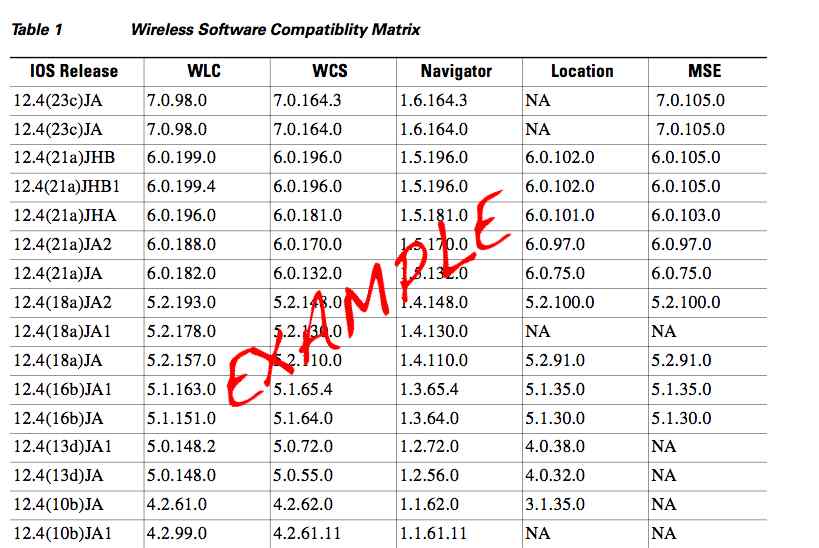


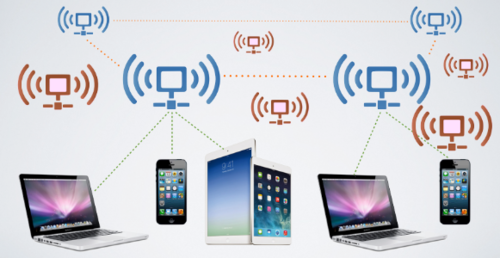
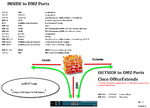
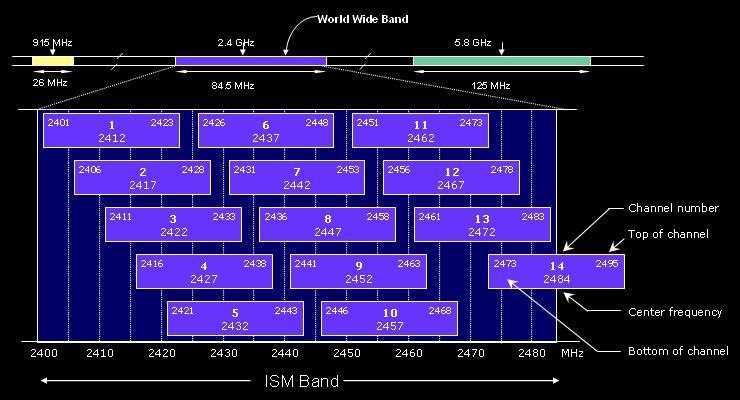
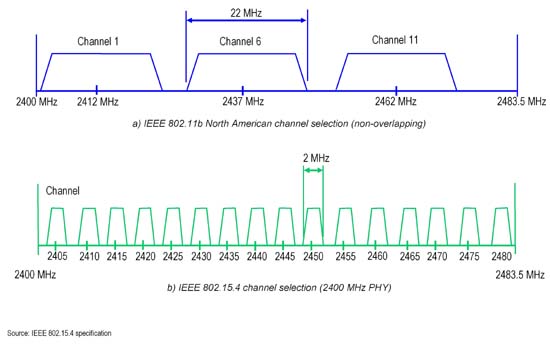
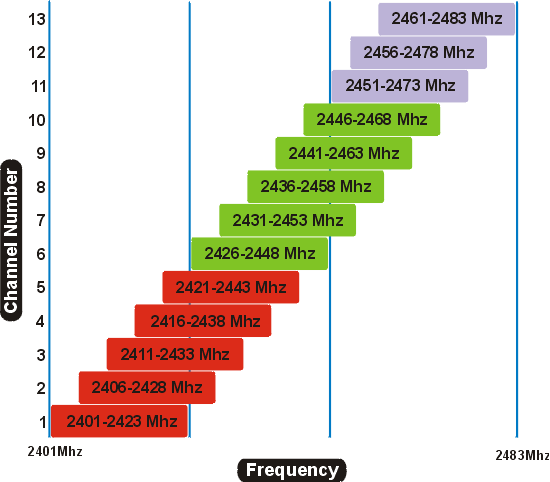

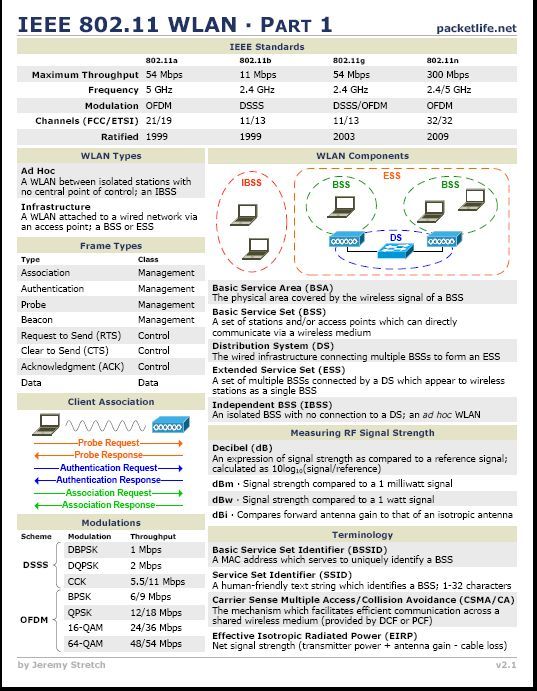
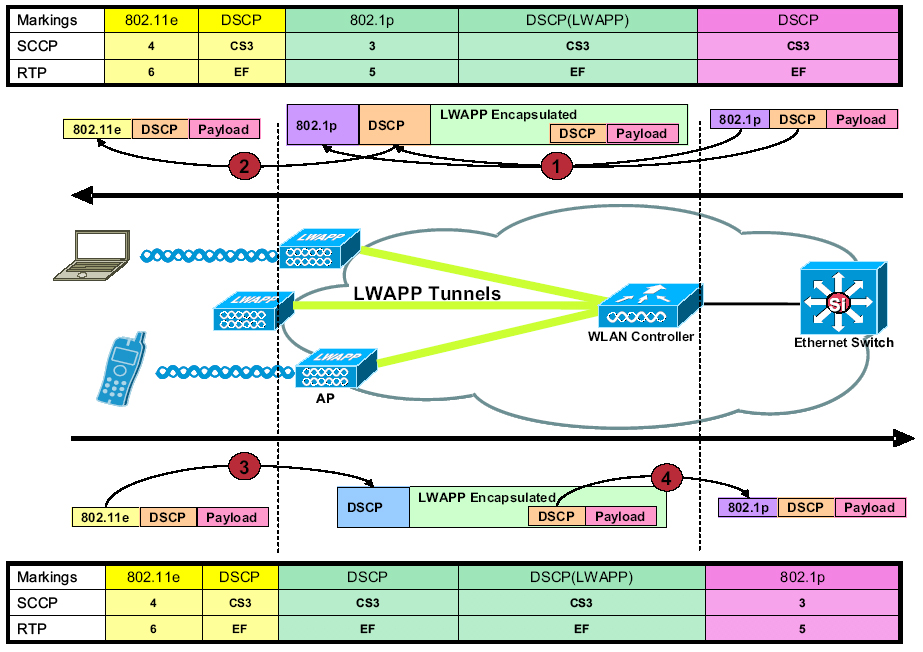
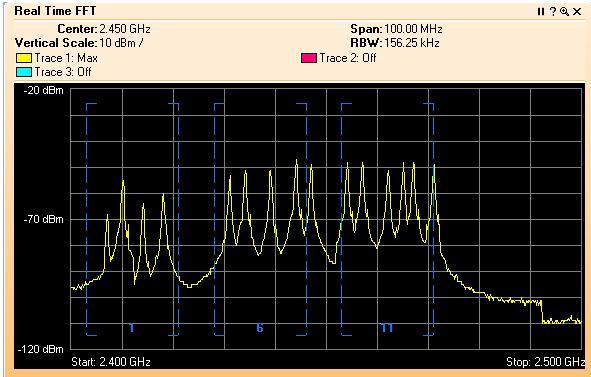
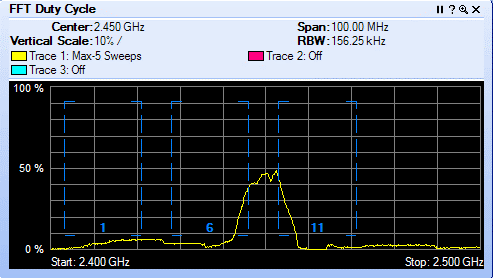
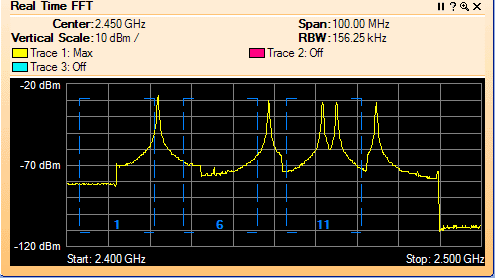
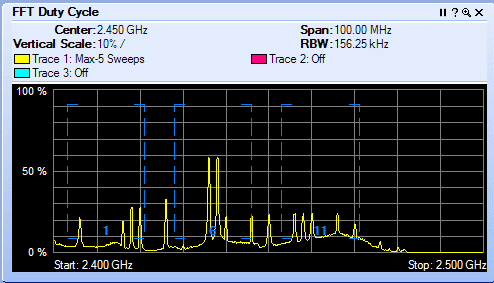
Reader Comments (1)
George,
This is a very handy tip indeed! Thanks for posting it.